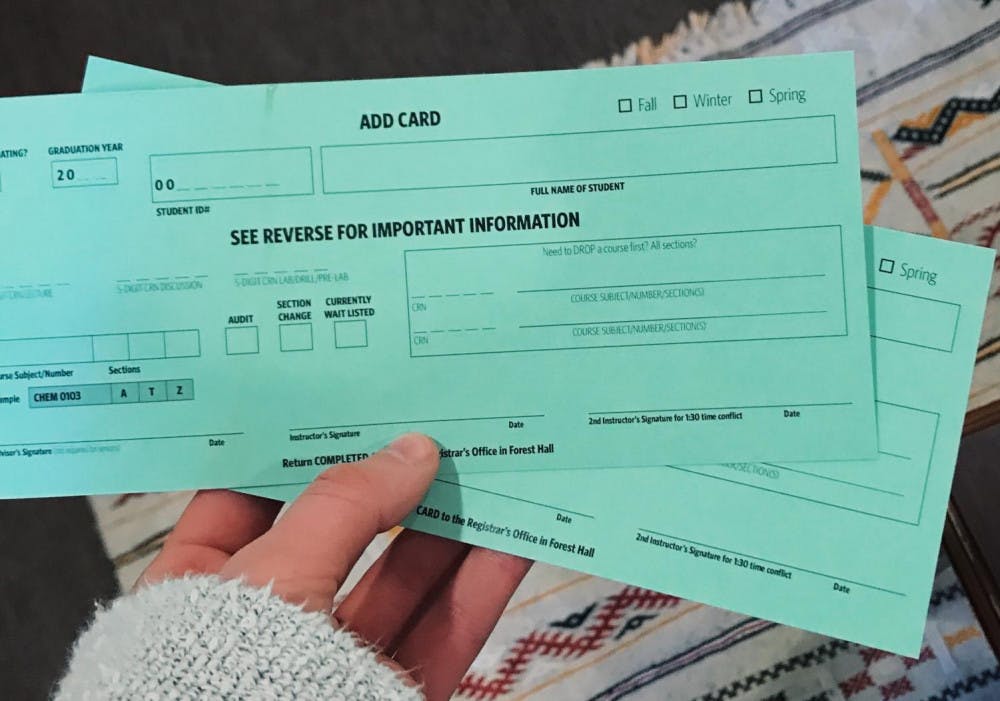PE credit adjustments
Faculty ratified a motion allowing students to earn both of their PE credits in the same sport or activity this Tuesday. According to the proposal, “students are currently required to earn their two PE credits in two different courses, but this discourages students from persisting in a sport or activity that they find interesting or valuable.” The motion passed with 169, or 93%, in favor, and 13, or 7%, against.
This is the second policy regarding PE credits that was passed this spring. Last Friday, faculty motioned to waive the PE requirement for seniors in response challenges presented by Covid-19. “We felt that the PE requirement was a lower priority, and in consultation with the Academic Administration, we waived the requirement for anyone who had not completed it yet,” Erin Quinn, director of athletics, wrote in an email to The Campus. The proposal to the faculty was simply to ratify the action that the physical education program has taken. It was passed with 159, or 99%, in favor.
Add cards no longer require faculty adviser approval
The faculty then ratified a motion to allow all non-first year students to add courses with the permission of the faculty instructor only; previously, an adviser’s signature was also required. This motion, proposed by the Educational Affairs Committee (EAC) and amended by Professor of Mathematics Michael Olinick, addresses the period of registration taken place after BannerWeb registration has ended, when students use green add cards to join a new class until the end of the second week of classes in the fall and spring, or the end of the third day of classes in the winter.
This motion passed with the amendment with 144, or 85%, in favor. Proponents of the new motion saw it as an opportunity for students to have more agency in their academic studies and reduce bureaucracy in the process.
“High-quality advising generally happens in advance of registration, and by the time the beginning of the semester actually rolls around, students are mostly making adjustments to their schedules that they’ve already decided upon with their advisors,” Dean of Curriculum Suzanne Gurland explained. She added that the process of acquiring a signature from an advisor tends to slow down the process and delay prompt updates regarding available seats on BannerWeb.
Olinick’s amendment to the motion states, “All first year students must also have the approval of their advisors.” The rationale behind the amendment is that instructors who approve students’ requests to take their course typically would not ask about the student’s schedule, workload and need to satisfy distribution requirements. Hence, a number of faculty believed that it is beneficial for first-year students to discuss the change before they proceed with it.
During the discussion of the amendment, Professor of Religion Robert Schine motioned to change the language again to be “all students in their first semester at Middlebury,” which would include transfer students. However, this motion was voted down narrowly, with 48% for and 52% against.

Rain Ji '23 is a managing editor of The Campus. She previously served as an Arts & Culture editor.
She is majoring in International and Global Studies with a concentration in the Middle East and North Africa. Previously, she studied abroad in Amman at the University of Jordan. Outside of academics, she enjoys watching Criminal Minds and skiing.




